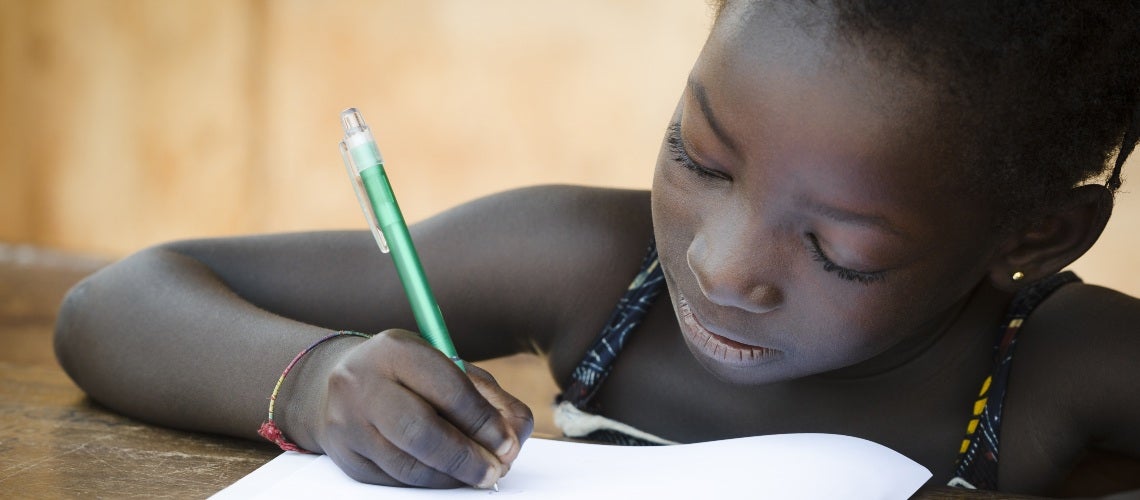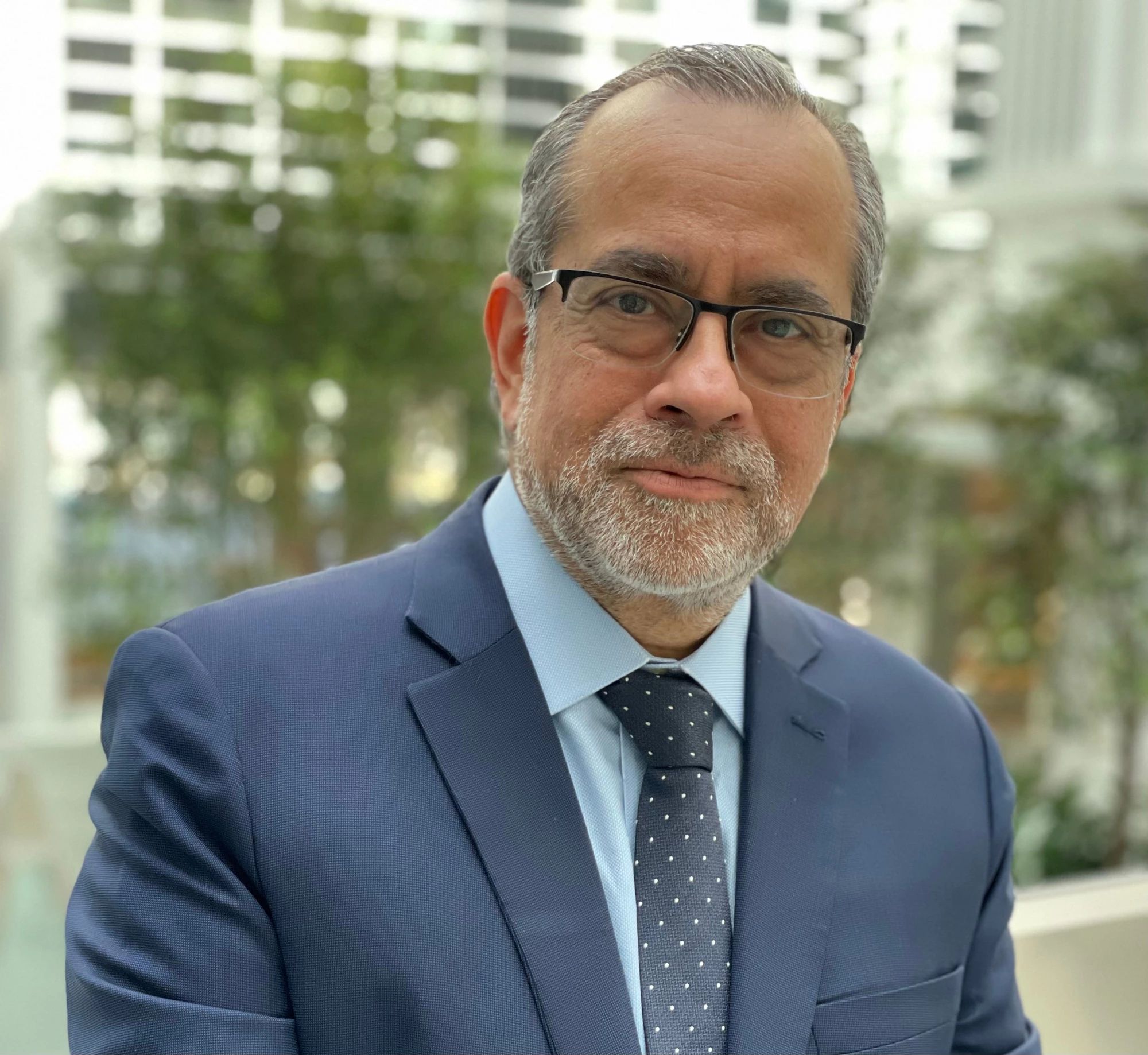 More than 97 percent of primary schools in Edo state, Nigeria are part of the EdoBEST program, which is implementing cost-effective approaches to improve learning. Copyright: Shutterstock
More than 97 percent of primary schools in Edo state, Nigeria are part of the EdoBEST program, which is implementing cost-effective approaches to improve learning. Copyright: Shutterstock
Since 2018, the government of Nigeria has shown strong commitment to improve education outcomes and has been implementing a series of reforms under the label of “EdoBEST,” aiming to improve teaching and learning practices in Edo state. “The reforms in the education sector have been critical for our children. They are now learning how to read much faster. Stopping these reforms would mean killing education,” says Obebo, a community leader and parent of a primary school student in a rural school in Edo State.
Cost effective approaches to improve learning outcomes
The program’s design is well aligned with the evidence of what works to improve learning outcomes, with a focus on foundational learning. Every teacher in the state receives lesson plans, a form of structured pedagogy. In a recent report on cost-effective approaches to improve global learning produced by the Global Education Evidence Advisory Panel, structured pedagogy was identified as a "good buy,” which means there is solid evidence that these interventions not only work but are also cost-effective.
Rigorous evidence from The Gambia and Kenya, among other countries, have shown significant positive results. In addition, schools in Edo are frequently visited by learning and development officers, that perform as coaches that utilize a classroom observation tool to assess teachers’ performance and provide individualized feedback. The interventions were also adapted to face the COVID-19 crisis and deliver education in times of crisis.
Despite the challenges and expected variation in the initial implementation of the program across the schools, the initiative has succeeded in improving the experience of students at scale. Today, more than 97 percent of primary schools are part of the program. Teachers’ attendance has increased dramatically to 83 percent, and a routine has been established through which teachers utilize lesson plans and receive constant feedback. Furthermore, the state actively promotes innovation and the use of technology for education. For instance, all the lesson plans are distributed via tablets, and the progress in delivering lessons can be tracked and monitored in real time.
From inputs to outcomes: Strengthening the focus on learning
But any reform process needs to be continuous, adaptative, and iterative. There are still critical steps needed to ensure high-quality learning across the state. As Edo state works to refine the EdoBEST program and reach every child by continuously committing to the quality of implementation across schools, at least two aspects deserve special attention: a stronger focus on outcomes and an emphasis on sustainability.
First, the interventions have had a focus on inputs, including teachers’ attendance, and have prioritized lesson completion as a key objective for teachers. While this was essential in the initial period, now that a routine has been established, it is critical to shift the focus toward outcomes. Edo state needs to prioritize that every child learns. With the support of the World Bank and the Accelerator Program, the government implemented a census-based learning assessment for English and math in February 2023. This is an important step towards ensuring that learning is the goal for Edo, while the inputs are just a means. The utilization of the data collected will be as important as the collection effort itself. Going forward, Edo needs to ensure that the data is harnessed for decision-making at the school and eventually at the classroom level and is leveraged to support those learners who need extra help.
Second, working on the sustainability of the interventions across political cycles is fundamental. If the interventions continue and are strengthened, a whole generation will benefit from learning, which means much more than schooling. For that to happen, sustainability should be ensured across three dimensions. First, institutional sustainability should be strengthened to ensure that the interventions do not depend only on the political will of the incumbent government. The state needs to continue the process of building a bureaucracy capable of implementing and improving the reforms over time. Second, financial sustainability should be a priority since the education sector will continue needing predictable and sufficient resources for the years to come. Finally, community support should be consolidated to guarantee that the reforms are sustained from the bottom up.
The commitment of community leaders like Obebo is crucial for the prioritization of education and the success of ongoing reforms. However, their support should go beyond mere school attendance and extend to the improvement of learning outcomes. In 2018, the government demonstrated strong political leadership by initiating bold reforms, and this same level of leadership will be necessary to ensure that the focus on improving education continues and is reinforced. Ultimately, the success of these efforts should pave the way for a brighter future for the children of Edo state.



Join the Conversation